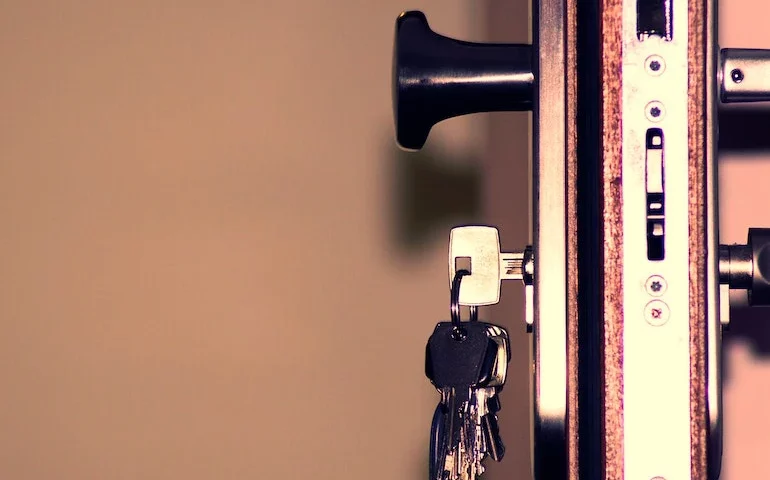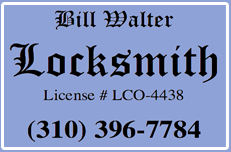Knobs vs Levers - billwalterlocksmith.com
- Home
- Knobs vs Levers
bill-admin
On March 28, 2023
The Truth about Knobs & Levers!
There’s a lot of confusion about what’s allowed and not allowed with door knobs and levers. In your own home, you can do almost anything you want door knob wise, but in a building open to the public, it’s a different story. Part of the confusion is that there are two sets of unrelated laws governing the use of knobs and levers.
First there is the A.D.A. The Americans with Disabilities Act states that passage through a door can not require a twisting, pinching or grasping action. This makes door knobs unsuitable for public areas. There is no actual enforcement agency for this law. It is enforced through lawsuits initiated by people who feel they’ve been discriminated against by your lack of compliance.
I bring this to your attention because there is a lawyer in Orange County who teams up with local disabled folks and goes around suing small businesses who would rather settle out of court than hire a lawyer only to lose anyway. I have a friend in Culver City who was sued for $10,000 and settled for $5,000, an expense he couldn’t afford with two daughters in college and one ready to graduate High School.
The other set of laws governing entry and exit devices is the California Health and Safety Code. These laws don’t care whether you have knobs or levers, but if you have levers, they must meet certain specific safety guidelines.
The loose end of the lever must return to within ½ inch of the door in order to avoid a human pile up caused by someone’s clothing, belt loop or something else getting snagged during some emergency where people are panicking trying to get out.

Above is a Schlage F-Series, Residential Entry Lock. While it does meet the A.D.A. requirements it is not designed or intended for commercial use and is not available with a style of lever that meets California’s Health and Safety Codes.

Above is a Schlage S-Series Entry Lock. While it looks similar to the F-Series, it is designed for commercial use. It costs more than the residential lock, but it’s made from better materials, is much stronger, will far outlast the residential version and its levers are available in a couple of styles that meet California’s code.

